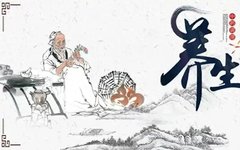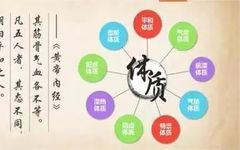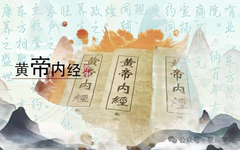What is Health Preservation? Some Practices May Actually Be ‘Nurturing Illness’! Correct Health Preservation Achieves the ‘Five Goods’
Today, “health preservation” has become a hot topic of national concern. From young people soaking goji berries in thermoses to middle-aged and elderly individuals eagerly attending various health lectures, it seems everyone is pursuing the secret to “health and longevity.” What does true health preservation entail? Many people are unclear. Worse still, some so-called “health … Read more






